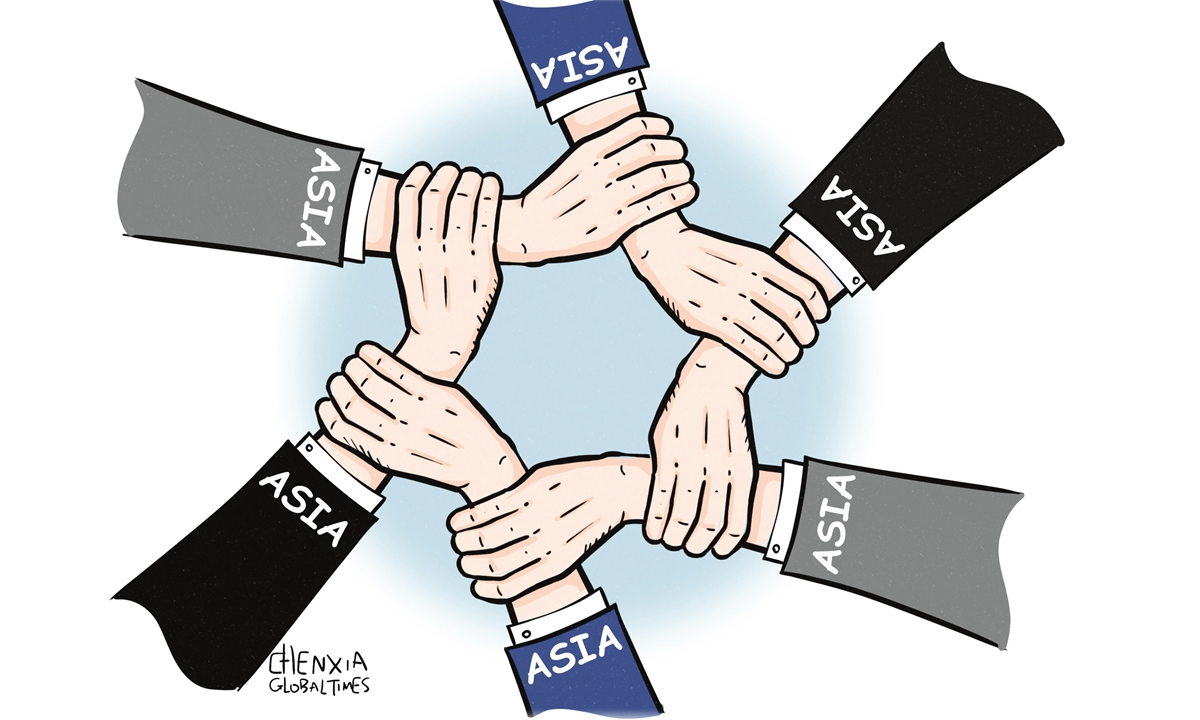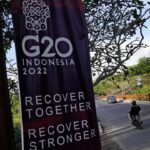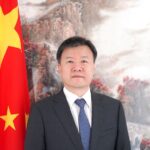Economic certainty and security stability are the two main factors needed for successful development. These conditions should not only be met for domestic governance, but also global governance. Development and security, as the two main driving wheels of governance, are two wings of one body. The two factors are very prominent to maintain stability.
Instability, insecurity and economic uncertainty are not merely natural phenomena. This situation is a result of a disorientation of development, which puts the ambitions of dominance of hegemonic powers ahead of people’s life. The fall of Global North countries (the US and North Europe) into a great economic recession is inseparable from an individualistic mentality and monopolistic economy. It can be clearly seen on how the UK decided to withdraw from the European Union (EU) as economic recession began to bring economic bankruptcy in the EU’s regionalism.
In the West, there is no sense of solidarity and mutual aid. The UK does not want to be co-opted into huge economic debts by other EU member states. And it is precisely China, through the Belt and Road Initiative, that strongly supports many EU member states’ economic sectors so that the EU member states, such as Portugal, Italy, Greece, and Spain, can still survive in economic development. Even more EU countries, such as Germany and France, have sought to build a closer relationship with China recently. These countries in the EU have faced a worsening economic situation due to the pandemic and the effects of US sanctions on Russia. This worsening situation led to social unrest, economic uncertainty, and a gloomy future.
Over time, an increasing number of EU countries have fallen into economic difficulties. China has helped them significantly by offering large-scale purchases of their products. An increasing number of EU member countries have expressed a desire to withdraw from EU regionalism. This corroborates the evidence that there is no spirit of mutual aid and no common development in Western capitalistic economics, because there is only a mentality of eliminating each other or zero-sum games underlining “I win you lose.” This mentality indeed risks economic ruin which ultimately brings damage to the social sector, political uncertainty, and vulnerability.
Like social chaos and world economic uncertainty, the harmony of the state and its peaceful economic development, placing the people first, is not a natural phenomenon but must be a concerted effort in the context of international relations. China chooses the way of dialogue over conflict to solve problems instead of pursuing armed military operation, intimidation, and sanctions. Dialogue is a problem-solving method rooted in the Asian wisdom tradition; seeing partners as subjects for dialogue, not as objects to be made sub-dominations as is customary in the Western way. Involving awareness and empathy is a condition to realize solidarity. Armed military operation and any form of sanctions as way out will only lead to worse effects, even war.
China and its partner countries do not live without problems and conflicts; disputes between countries have been also occurring. Conflicts are an inevitable situation that can occur within cooperation. However, China pursues methods to overcome conflicts, choosing to resolve any problems and contradictions by means of symmetric dialogue as friends. Modern China conducts its politics and economy based on Chinese ancestors’ philosophical values underlining “people’s life” as basic goals of all development sectors.
China advocates diversity, inclusiveness, mutual trust, and cooperation. It is a huge contribution of China’s characteristics to jointly address global challenges. China has adopted and rejuvenated Asian values to construct “common development” and become a hope for world economic recovery in the midst of a great depression that hits Europe and North America. The culture of “mutual aid” is the antithesis of individualism. The culture of individualism born in the Western tradition brings many destructive results for human psychology and social development that ultimately undermine broad-scale economic development. The monopolistic system of capitalism is one of the negative results of an individualistic culture.
China’s economic revival is derived from a strong non-monopolistic mentality. China’s foreign policy of building harmonious relations first focuses on neighboring countries, then secondly developing countries, then finally developed countries. Building harmonious relations based on mutual aid with neighbors is an Asian cultural power, and this is a core of strength on combatting an international economic recession and the current global uncertainty. As Global North economies face recession, Asia can survive with a better economy.
China should take actively a more important role in multilateral organizations in leading the world overcoming the great depression. More stable Asian economy and political condition is a strong basis as well as a strategy in facing the divisive efforts executed by the Global North to break down Asian power. The Global North especially the US and its allies are always looking for excuses and justifications for political interventions in Asia, which is aimed at splitting Asian powers. This dominative and hegemonic mentality of the Global North deserves to be countered with the power of mutual aid and solidarity for more solidity of the East.
The author is a research fellow of the China Study Unit Convener Centre for Strategic and International Studies Indonesia. opinion@globaltimes.com.cn













